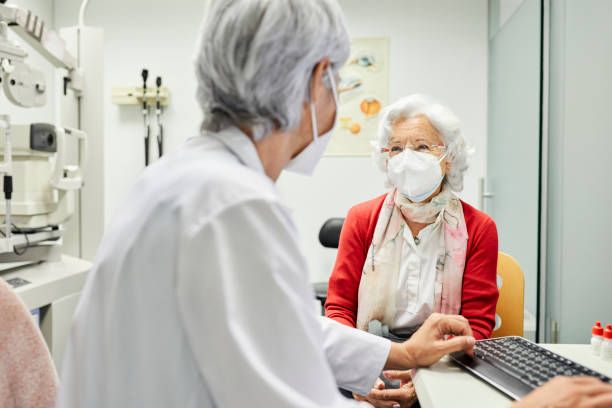- Bone Health
- Immunology
- Hematology
- Respiratory
- Dermatology
- Diabetes
- Gastroenterology
- Neurology
- Oncology
- Ophthalmology
- Rare Disease
- Rheumatology
NORC: Doctors Must Overcome Patient Hesitation on Biosimilars
This is the first of a 2-part series on a study from the independent research center NORC at University of Chicago concerning biosimilar acceptance and uptake.
How valuable can patient awareness be in driving the uptake of biosimilars? A recent study from NORC, a University of Chicago research center, suggested that patients are more concerned about safety and efficacy than cost when choosing drugs, although physicians will tend to prescribe lower-cost drugs and are showing signs of being increasingly confident in biosimilars. There is an inherent tension in this.
“My doctor looking to prescribe the lowest-cost medication makes me really uncomfortable that somebody is going to cheapen what my health needs. It just makes me think that if it’s cheaper, I’m probably going to get less benefit out of it because it’s just a lower class of medication,” said a patient response that was incorporated into the NORC findings.
The study included a patient survey (N = 618), physician survey (N = 602), 2 focus groups with patients (N = 16), and interviews with physicians and other stakeholders, including payers and group purchasing organizations.
Biosimilars may have no “clinically meaningful differences” from the originator biologics they reference, but efforts to broadcast this message appear to be having more success with doctors than patients, according to the study.
“In terms of efficacy and safety, they’re so highly similar that it would be difficult to make a case that they’re less safe or less efficacious than the original branded molecules,” an unidentified gastroenterologist was reported as saying in the NORC study. More than 75% of providers surveyed said they believe biosimilars are as safe and effective as originator brands. And 77% of physicians said they expect to prescribe biosimilars more often over the next year.
For the most part, physicians stated that their patients did not know much about biosimilars, with 61% of providers reporting that “few or none” of their patients know that these lower-cost yet equivalent agents exist. However, of patients who were asked if they would have full confidence in accepting a biosimilar if recommended by their physician, 71% said yes, they would.
The authors of the NORC study concluded that, based on these findings, physicians’ recommendations and confidence “are the most important factors” influencing patients’ willingness to be treated with a biosimilar. “Continuing to focus resources on encouraging physician prescribing will be more important than broad scale patient education,” they wrote.
The NORC study echoed a concern raised at the recent Community Oncology Alliance annual meeting in which health care administrators said that biosimilars clearly have a foot in the door, but to get in much further it’s going to take a lot of long-term observation and real-world evidence. They said this is because providers want to be convinced that biosimilar equivalence demonstrated by limited studies for FDA approval doesn’t evaporate when larger, more diverse real-world populations start using these drugs.
Physicians are clearly not comfortable yet with the idea of switching patients between reference biologic and biosimilar, the NORC study suggested. “Additional data on side effects, real-world evidence about patient switches, or interchangeability designations could increase physicians’ comfort with moving established patients to biosimilars,” the authors wrote.
“I’d much prefer to start a new bio-need patient on a biosimilar agent. I have a lot of reservations trying to switch over a patient that is doing well and stable on a name-brand biologic. That is where I sort of put up a stop sign and try and avoid, if at all possible,” an unidentified dermatologist told NORC investigators.
Findings like this led the NORC investigators to conclude that rapid shifts from originator brands to biosimilars are not likely to happen, although more therapy starts on biosimilars rather than originators can be expected.
Reference
Wilde S, Schapiro L, Fletcher M, Pearson C. Understanding stakeholder perception of biosimilars. NORC. April 2021. Accessed April 13, 2021. https://www.norc.org/PDFs/Biosimilars/20210405_AV%20-%20NORC%20Biosimilars%20Final%20Report.pdf
Newsletter
Where clinical, regulatory, and economic perspectives converge—sign up for Center for Biosimilars® emails to get expert insights on emerging treatment paradigms, biosimilar policy, and real-world outcomes that shape patient care.

